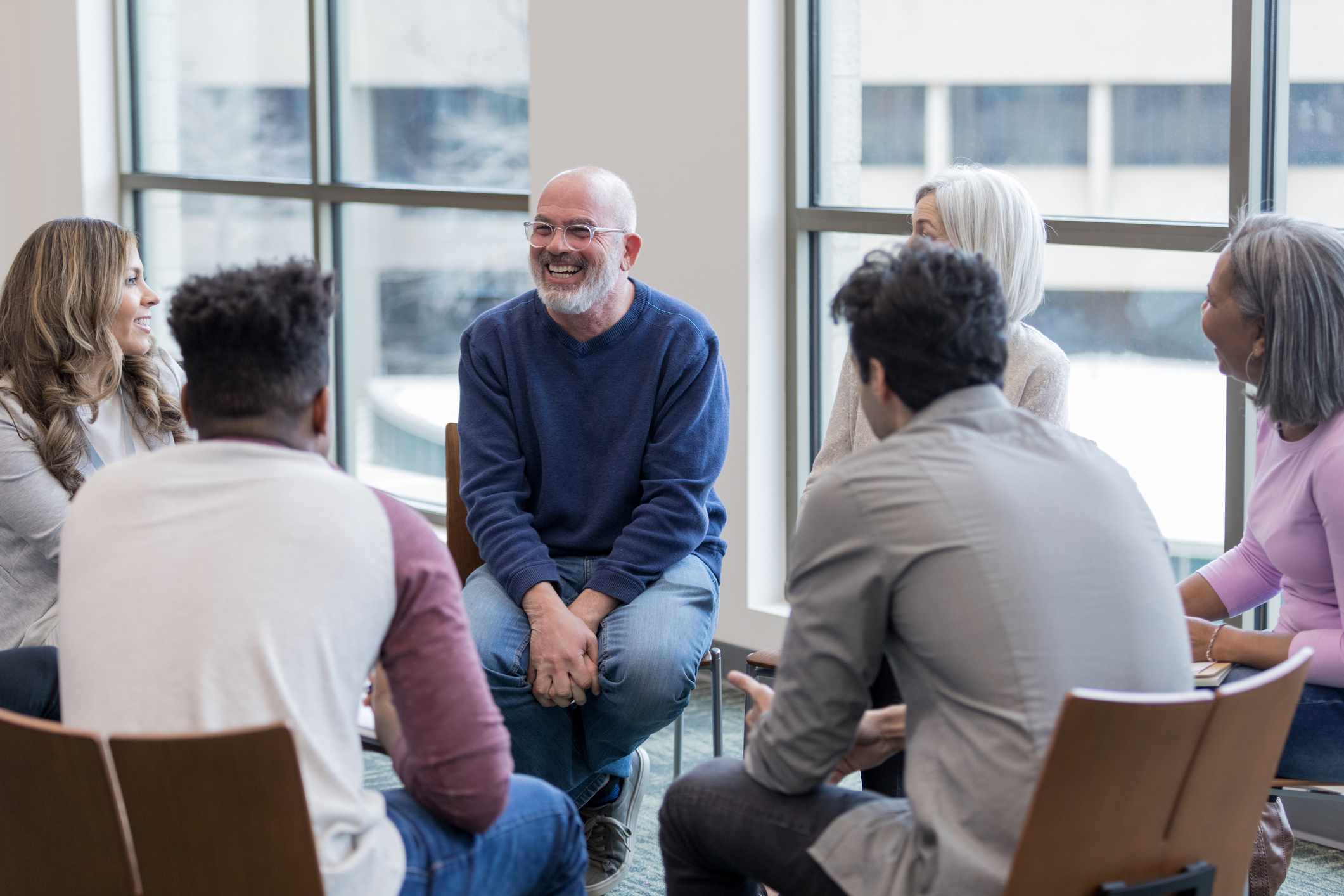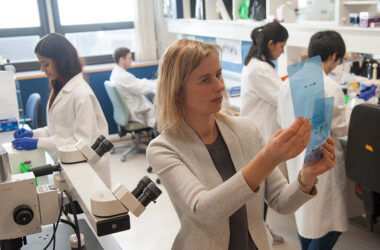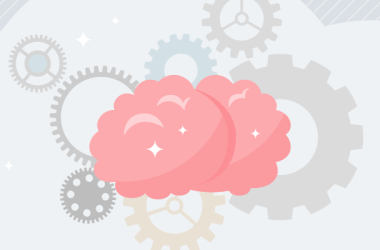There is growing recognition of the need to embrace a systems approach to physician-assisted healing in disability support services in Melbourne. This multiprofessional approach ensures that a disability is not only given a physical solution, but the client’s psychological, social, and emotional needs are also met. This blog will examine each form of therapy implemented within Ndis in Melton.
1. Enhanced Personalisation of Care
Every person is different and faces specific difficulties, even those from the disabled population. Support services can provide individualised care plans since they can include a set of therapeutic interventions based on physical, occupational, speech therapies, and psychological consulting. This approach suggests that all facets of an individual’s condition are considered, leading to an improved treatment model.
For instance, a child with cerebral palsy would likely profit from physiotherapy to change movement and motor functions, occupational therapy to enable the child to carry out daily activities, and specialised to improve communication skills.
Therefore, integrating these specialised therapies allows client-centred care tailored to their unique needs, improving the quality and effectiveness of managing this disability.
2. Improved Mental and Emotional Health
The mental and emotional challenges associated with disabilities can be profound. Integrating cognitive behavioural therapy (CBT), mindfulness, and art therapy within disability support programs helps tackle these issues head-on. These therapies equip individuals with tools for better emotional management, enhance self-esteem, and foster a greater sense of community and belonging.
CBT can be pivotal in modifying negative thinking patterns and improving emotional regulation. Mindfulness practices enhance awareness of the present, alleviating stress and anxiety, while art therapy provides a creative means for expressing emotions and navigating complex feelings.
It is especially useful for those who have problems with verbal communication because it gives them other ways to express themselves.
3. Increased Physical Health and Mobility
Physical therapies are important in improving the general wellness and the functioning of disabled persons. Hydrotherapy, physiotherapy, specific exercise, strength and endurance training, pain reduction, and the management of physical disablement also enhance physical strength and endurance, decrease pain and enhance the management of physical signs.
Hydrotherapy involves using water as a medium to reduce pain intensity and enhance muscle movement; this is usually useful for arthritis or postoperative patients. Particularly, physiotherapy keeps muscles strong and joints flexible by avoiding the decline of some physiologic conditions that can boost mobility and minimise injury risks.
4. Social Skills Development
Thus, acquiring social skills is essential to the patient’s overall rehabilitation. Play therapy and other forms of intervention involving the child’s interaction with peers and other individuals in the community entice social relations. It is crucial to mention that analytical skills derived from such experiences are used to advance communication, trust, and interpersonal relationships, which are paramount for social integration.
For instance, social interaction is received through sharing music therapy sessions, sports clubs, and art classes. By offering these options, disability services in Melbourne help individuals develop new hobbies and discover new activities, boosting their self-esteem and sense of achievement.
Community outings also facilitate readjustment to various social environments and situations, as they instruct learners on managing themselves when faced with different social encouragements.
5. Greater Family and Caregiver Support
Family-centred and integrative strategies precisely improve the outcomes not only of the clients with disabilities themselves but also of their families and procarers as well. By carrying out educational workshops or family therapeutic sessions, the carers are endowed with effectively handling care while, on the other side, they need emotional support.
This can help reduce caregiver stress and improve overall family dynamics. Family therapy addresses any conflict within the family and also increases awareness of the disability because of the client’s special needs, leading to improved interaction within the family.
Self-education includes workshops that give tips on managing day-to-day care, how to finance it, and how to organise the healthcare system around the patient, which releases the caregiver and allows them to do a better job.
6. Long-Term Independence and Quality of Life
Integrating multiple treatments ambitions to decorate the independence and exceptional lifestyles for people with disabilities. Addressing numerous elements of well-being, these treatment options help individuals gain skills and self-assurance to participate fully in society. From accomplishing private desires to engaging in network sports, the benefits of a holistic method are profound and far-reaching.
Employment readiness and specialised treatment solutions may help humans find work, thus reducing their dependency on others. Lifestyle coaching and adaptive technology training enable individuals to perform daily activities more effectively and autonomously, augmenting their capacity for independent living.
Final Words
Applying multiple therapies within disability support services transcends merely addressing a pathology; it focuses on individuals’ growth in this area. This makes it possible for people to be given attention and the caregiver’s time to enable them to have a meaningful, enriched life. Thus, disability support in the region may be viewed as evolving; therefore, it is possible to outline the imperative for providing inclusive and sensitive patient care.
A model of disability support that integrates the ones listed above not only positively affects the life of a disabled person but also helps to create a society that is more tolerant and aware of people with disabilities.
Hence, while Melbourne continues to develop such immoderate practicer evolution, it becomes very commendable to other cities and regions and thus has the possibility of revolutionising disability care worldwide.







